
This text argues that the Qur’an is the ultimate standard for judging modern science, rather than the reverse.
Continue Reading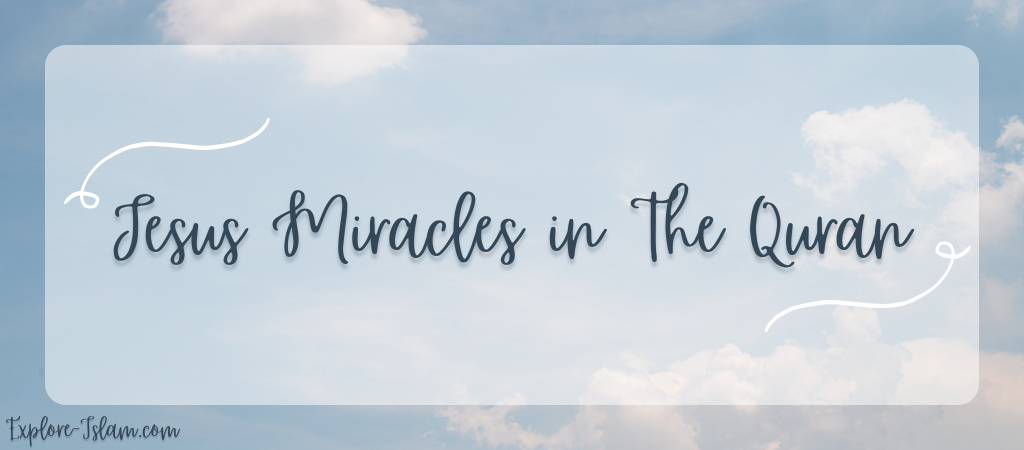
The Quran confirms Jesus’ miracles but clarifies they were signs of his prophethood, emphasizing monotheism over any claim of divinity.
Continue Reading
Islam defines salvation as personal accountability and the result of a direct relationship with God, starting from a state of natural purity.
Continue Reading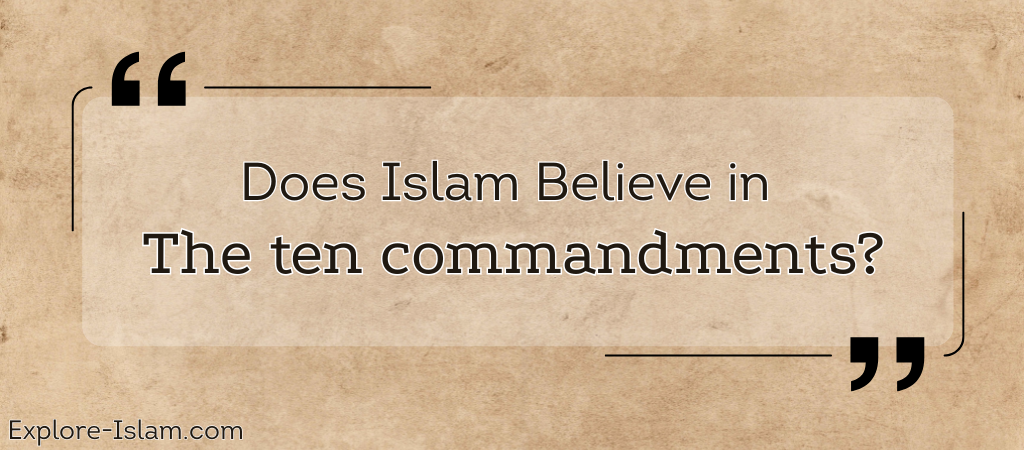
The Qur’an serves as the final authority to confirm and purify the original Ten Commandments by correcting human alterations.
Continue Reading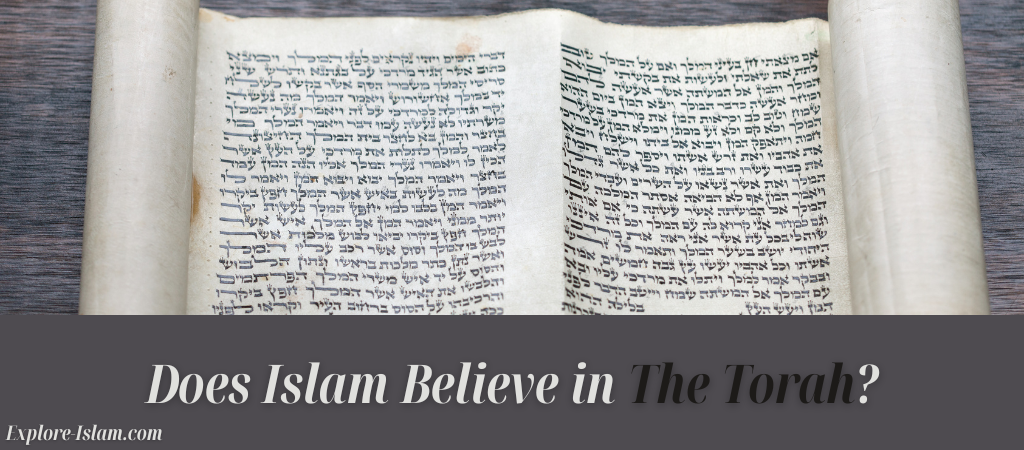
Muslims affirm the Torah’s divine origin but follow the Quran as the final, protected truth, believing the original Torah was altered.
Continue Reading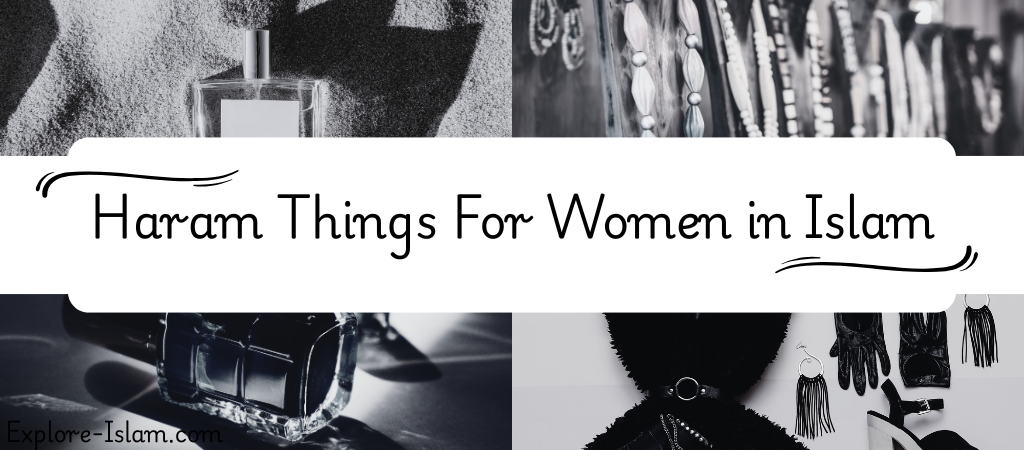
Islamic prohibitions for women stem from divine mercy, acting as a protective shield and grant them true freedom from objectification.
Continue Reading
Abraham is a key figure in Islam, symbolizing unwavering faith in one God. His story is essential to understand the core of Islamic belief.
Continue Reading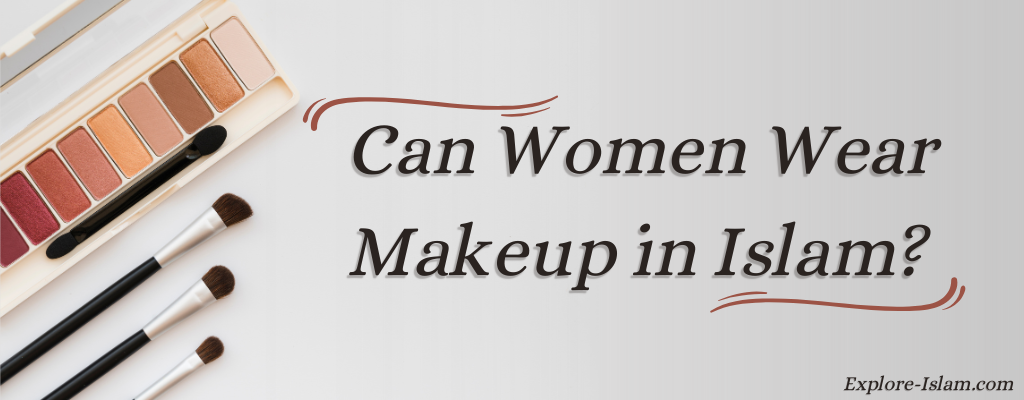
Islam sees beauty as a divine blessing, promoting a balanced approach to self-care and adornment that upholds modesty and dignity.
Continue Reading
Islam rejects astrology and zodiac signs for predicting the future or character. It conflicts with core Islamic teachings.
Continue Reading
In Islam, marriage is not just a societal norm but an act of worship (Ibadah). It is viewed as a form of devotion to Allah.
Continue Reading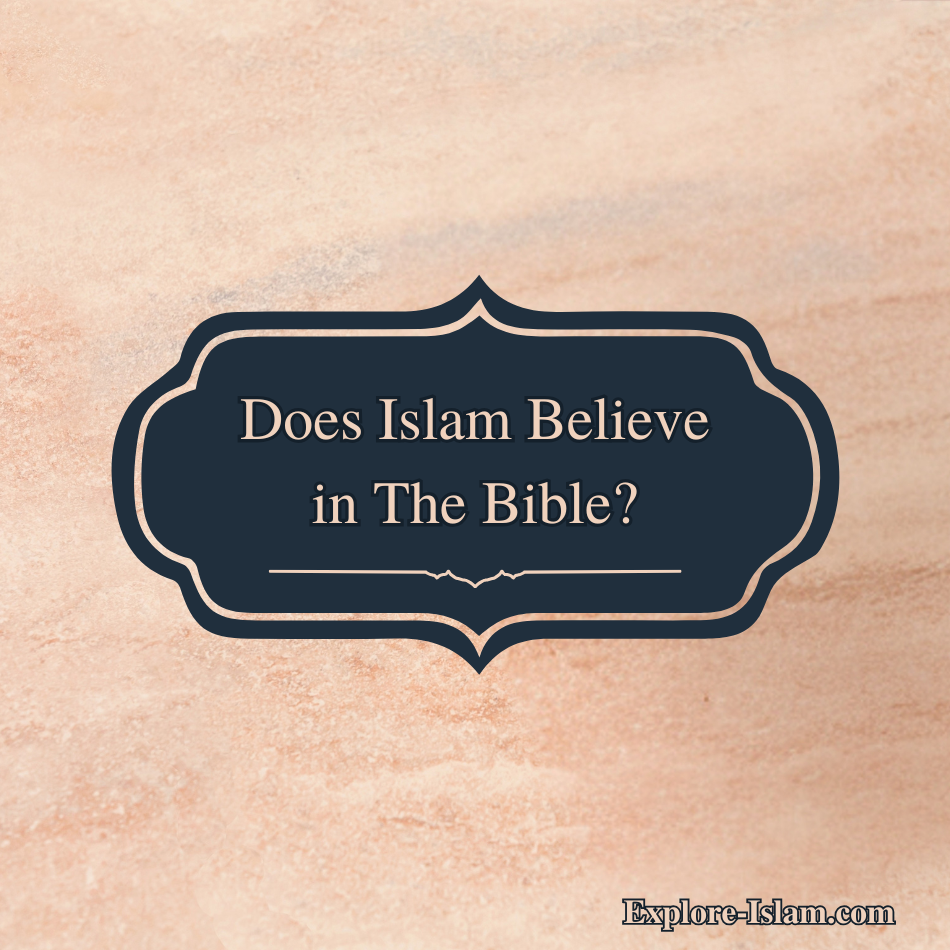
Muslims believe in the original scriptures but see the Quran as the final revelation. Islam continues the faith of earlier prophets.
Continue Reading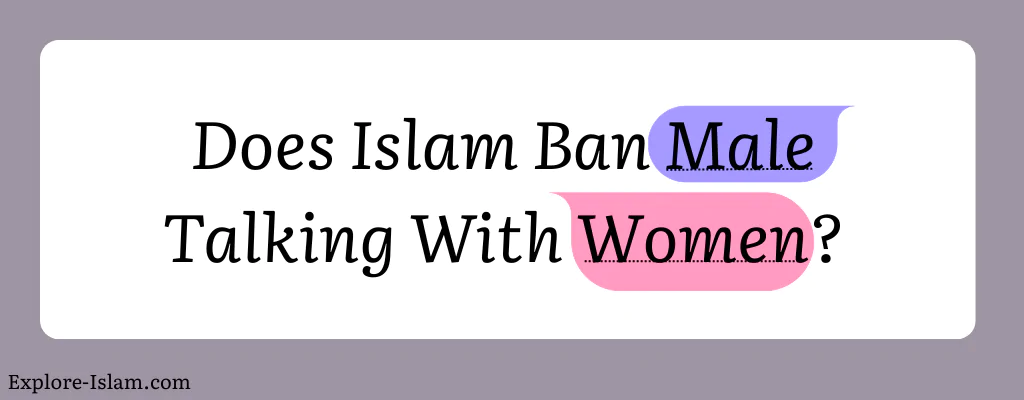
Islam guides interactions between men and women with emphasis on modesty, respect, and boundaries, rather than complete isolation.
Continue Reading